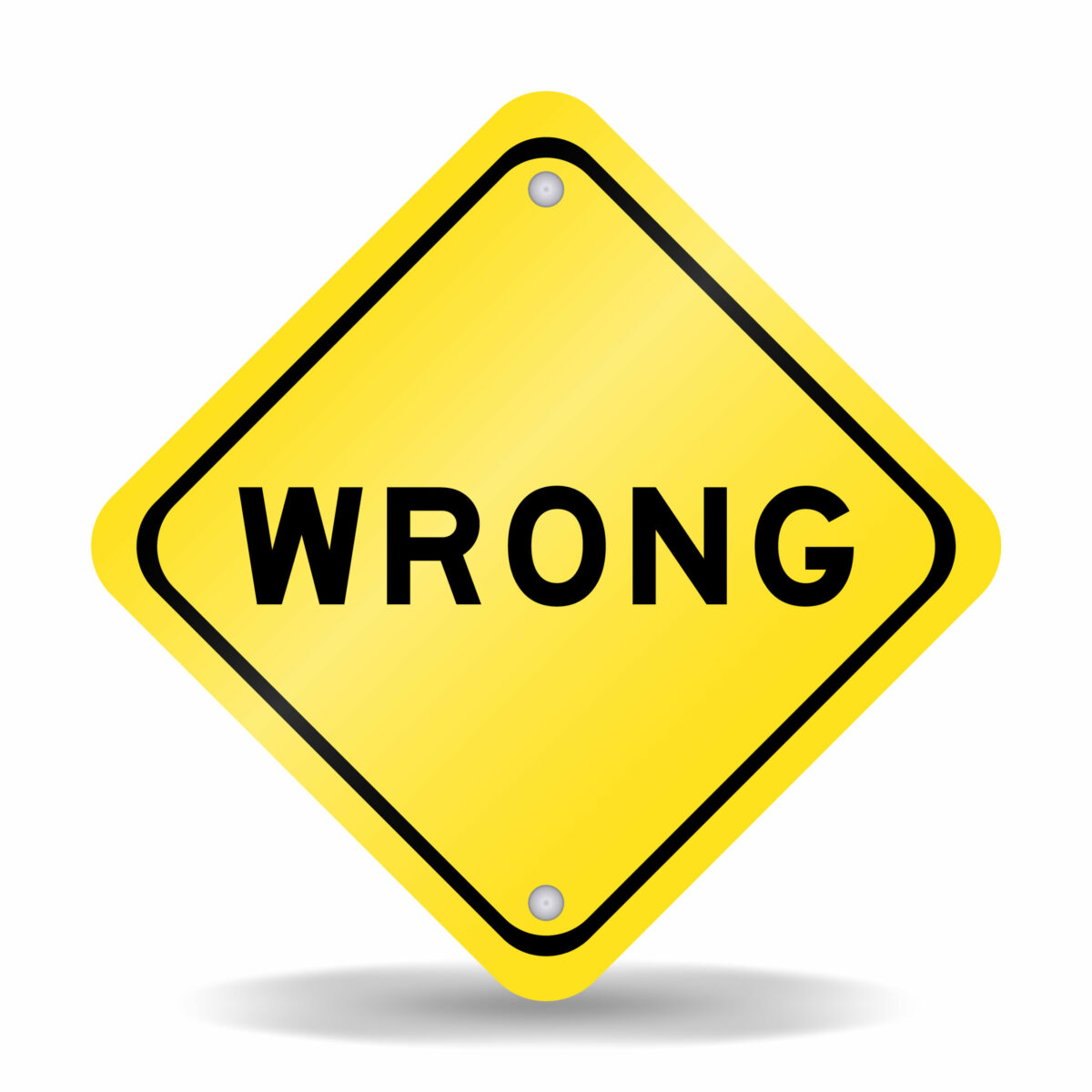Lock Patent Owner Strikes Out at CAFC in Suit Against Intel
“The conclusory allegations in this case are insufficient to identify what products infringe and how those products infringe Mr. Golden’s patents and, accordingly, fail to ‘place [Intel] on notice of what activity . . .is being accused of infringement.’” – CAFC
The U.S. Court of Appeals for the Federal Circuit (CAFC) on Friday affirmed a district court’s ruling dismissing antitrust and patent infringement claims brought by a pro se patent owner against Intel.
Larry Golden owns a family of patents that cover a system for locking, unlocking or disabling locks on vehicles upon detection of chemical or biological hazards. Golden has also unsuccessfully sued Apple and the U.S. Government for infringement of the patents. The U.S. District Court for the Northern District of California dismissed the complaint with prejudice, granting Intel’s motions to dismiss for failure to state a claim under Rule 12(b)(6) of the Federal Rules of Civil Procedure, and his antitrust claims for lack of Article III and antitrust standing under Rules 12(b)(1) and 12(b)(6).
Golden’s argument was that Intel is monopolizing the U.S. market for laptops, desktop PCs, and CPUs by infringing his patents and that Intel’s exclusionary tactics have made it possible for them to maintain their monopoly. The CAFC explained that these allegations were not sufficient to establish Article III standing:
“We agree with the district court that Mr. Golden’s vague, conclusory allegations as to antitrust violations (without specifically identifying the supposed illegal conduct) and allegations of injury (again without specifying the specific injury) are not adequate to allege either Article III standing or antitrust injury.”
As to Golden’s patent infringement claims, the CAFC called his complaint “deficient.” The court said his claim charts suggest his patents cover generic PCs and CPUs, with no limitations, and that the allegations of infringement are not even conclusory, much less sufficient to satisfy the relevant standard under Ashcroft v. Iqbal. “The conclusory allegations in this case are insufficient to identify what products infringe and how those products infringe Mr. Golden’s patents and, accordingly, fail to “place [Intel] on notice of what activity . . .is being accused of infringement,” said the CAFC.
Lastly, Golden said the district court erred in dismissing his complaint with prejudice, but the CAFC said he failed to explain how it would serve him were he allowed to amend his complaint. The decision said: “Mr. Golden’s complaint appears to suggest he believes he has broad patent claims covering general Central Processing Units (CPUs) and laptop and desktop PCs…but the claims are not for CPUs or PCs, but for ones that can perform specific functions. Mr. Golden has not argued how he could amend his complaint to identify specific Intel products that infringe his patent claims.”
Eileen McDermott
Eileen McDermott is the Editor-in-Chief of IPWatchdog.com. Eileen is a veteran IP and legal journalist, and no stranger to the intellectual property world, having held editorial and managerial positions at […see more]







